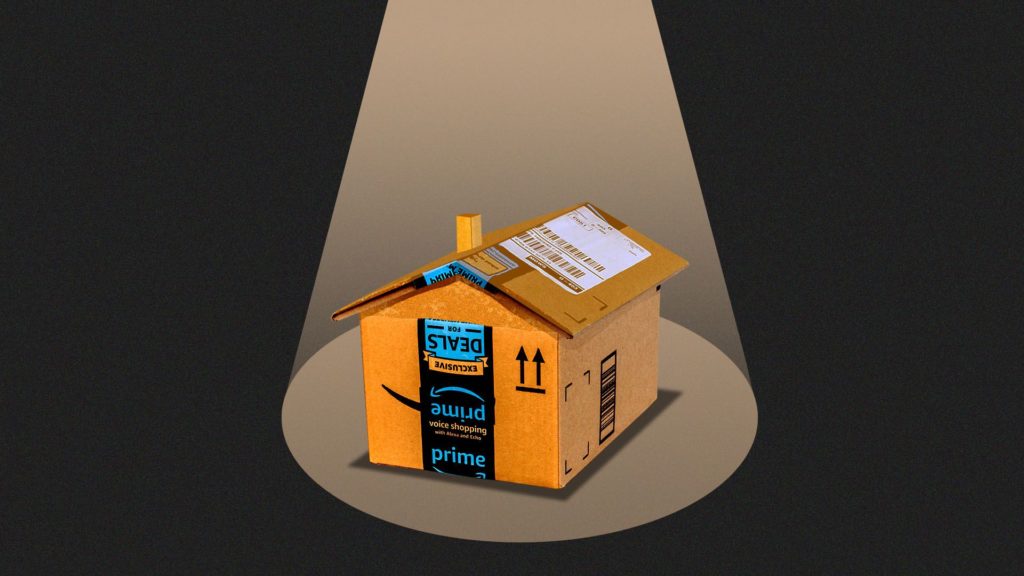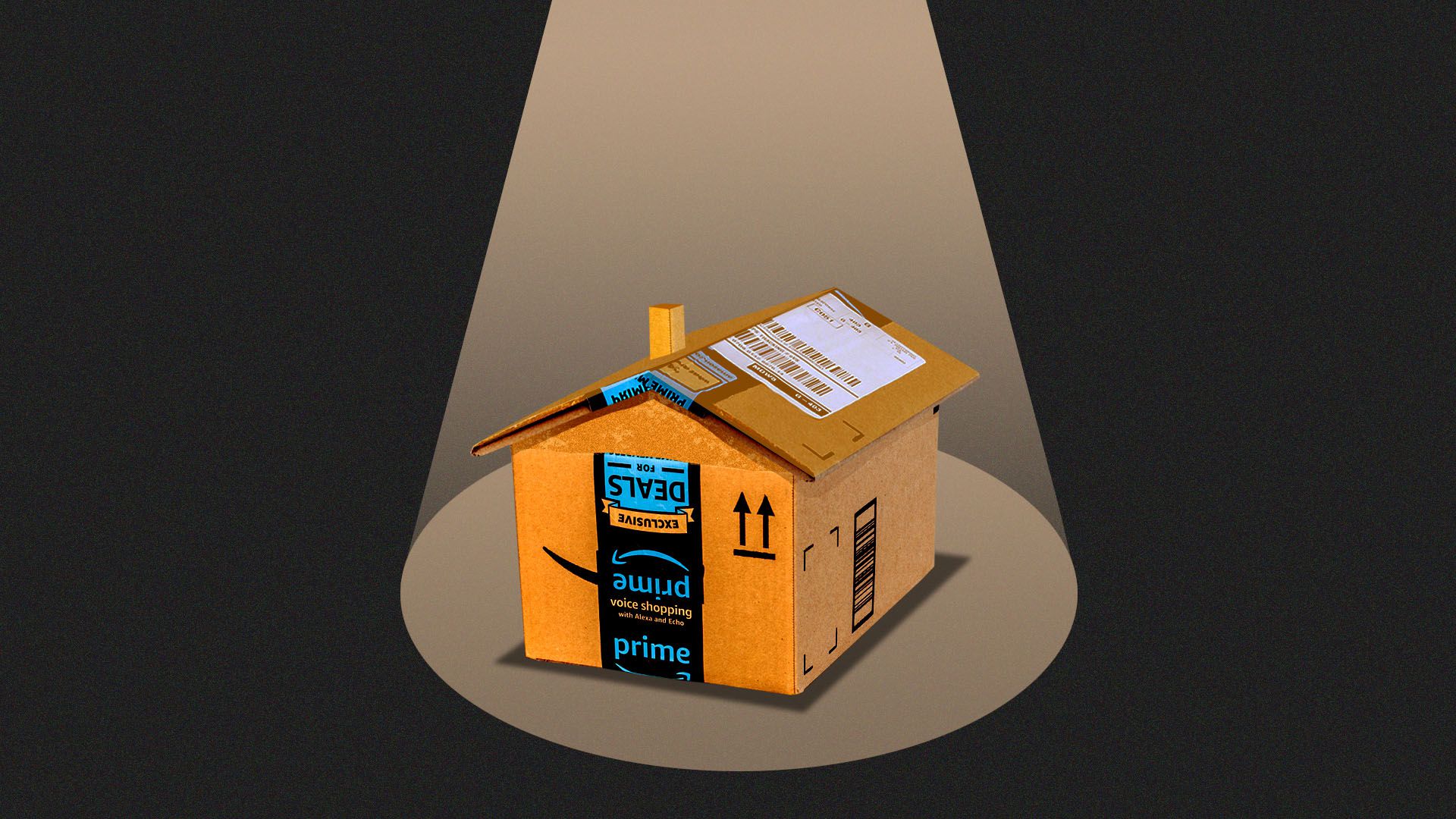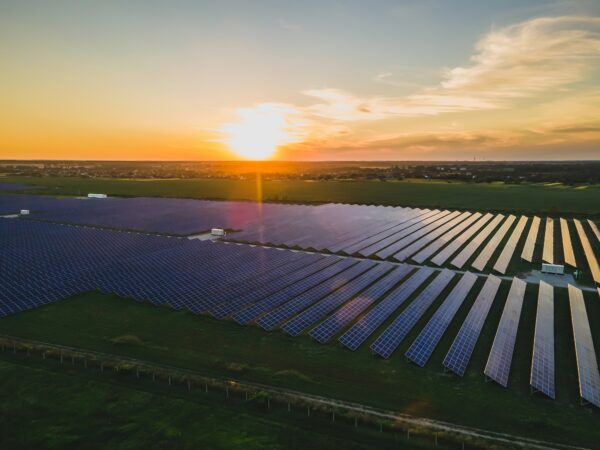
By Erica Pandey | Axios
In recent years, Amazon has made a series of investments, acquisitions and R&D moves in the smart home industry. None seemed particularly consequential on its own, but with a real estate deal last week, Amazon appears to have captured first-mover advantage in one of the most important new industries on the planet.
Why it matters: With the deals, Amazon has taken a pioneering lead in what has come to be called “surveillance capitalism,” which includes some of the biggest businesses of the future, like 5G, autonomous vehicles and smart cities. Now, the behemoth, with its edge in this new economy, is positioned to explode its revenue.
“Amazon has entered the surveillance capitalism domain with a very big bang,” says Shoshana Zuboff, author of “The Age of Surveillance Capitalism.” “Once you have this as your lens, and you look at Amazon, you will never look back.”
- The company has “already got all of this behavioral data flowing every which way,” she says. “Now they’re thinking, ‘We can be a Google or a Facebook on top of what we’ve already got. Not only do we know what they know, but we know stuff that they don’t know. We don’t have to infer that you’re interested in a white T-shirt with a big rose on the chest. We actually know because you bought one.'”
- Other tech giants aren’t “even in the same universe as Amazon,” says Amy Webb, founder of the Future Today Institute. “We’re talking about an entirely new ecosystem that is literally being born in front of our eyes.”
What’s happening: Amazon’s newest offering, a deal announced last week with Realogy, connects homebuyers to real estate agents and gives them $5,000 in smart devices and services when they close the deal. The huge upside for Amazon is unchecked access to the data-rich interiors of our homes.
- On paper, Amazon is giving out cool stuff for free. But the company is also getting “extremely inexpensive access to record some of the most intimate parts of your life,” says Meredith Whittaker, co-founder of the AI Now Institute.
- “There are hundreds of millions of marketing dollars that go into presenting these as sleek, convenience devices, but smart home is a misnomer. We’re really talking about a surveillance home” that feeds tech firms data that is far more personal and valuable than what is garnered from an Instagram like or an online purchase.
Speaking to Axios, Amazon says that its speakers and cameras can be turned off at will and come with lights that signal when they are recording. It also says customers can log onto portals and delete whatever they want.
- Amazon is actually “ahead of the curve on transparency” compared to its rivals, says Adam Wright, an Internet of Things analyst at the International Data Corporation.
- Still, there’s a chasm between what the company says it does and what is technically possible, Whittaker says.
And there’s more.
- Amazon has rolled out Echo, its smart speaker, Ring, its camera doorbell, and dozens of other Alexa-enabled smart appliances. And Amazon is winning: about 70% of people who own smart speakers have Amazon’s devices, according to a recent report from Consumer Intelligence Research Partners.
- It partnered with Lennar, the country’s largest homebuilder to put up houses that have internet “built into the walls and floors,” making them the perfect shells for smart devices from Alexa to Ring, reports CNBC. And these homes aren’t just for the rich. There are affordable versions being propped up in blue-collar neighborhoods. too, Webb says.
- Amazon has also invested in Plant Prefab, a startup which constructs smart houses.
The result, per Webb, is “Amazon in literally every nook and cranny of our home because either it built us the home, or it has got devices in the home, or it helped sell us the home.”
- This plays into Amazon’s hands because consumers are increasingly likely to buy into one stack of devices instead of a patchwork, says Wright. “There’s less friction, and the further you get into the Amazon ecosystem, the less likely you are to switch over to Google or Samsung or another competitor.”
Once Amazon has planted its flag in a house, there’s a lot it could do, experts say.
- For example, emails obtained by Vice revealed that Amazon has teamed up with over 200 U.S. police departments in a partnership that — with owners’ consent — lets officers see which homes have Amazon’s video doorbell, Ring, and request footage from the owners of those devices. “Police do not need a warrant to ask for footage,” writes Vice’s Caroline Haskins.
- Look for the company’s advertising business to keep pushing up against that of Google or Facebook as it gets smarter about predicting human behavior, says Zuboff. Amazon could also use the data it collects from conversations and movements inside customers’ houses to entice them to spend more money on its site by getting better at figuring out what they want to buy
- On top of that, the company is wading into selling health insurance. Surveillance could theoretically reveal if a prospective insurance buyer has a pre-existing condition or mental health issues.
What to watch: Amazon is ahead, but “this isn’t a one-horse race yet,” Wright says. Google, for instance, is working with construction firms to pre-install its WiFi in new homes and set the stage for its devices.
Go deeper: A closer look at the surveillance economy












